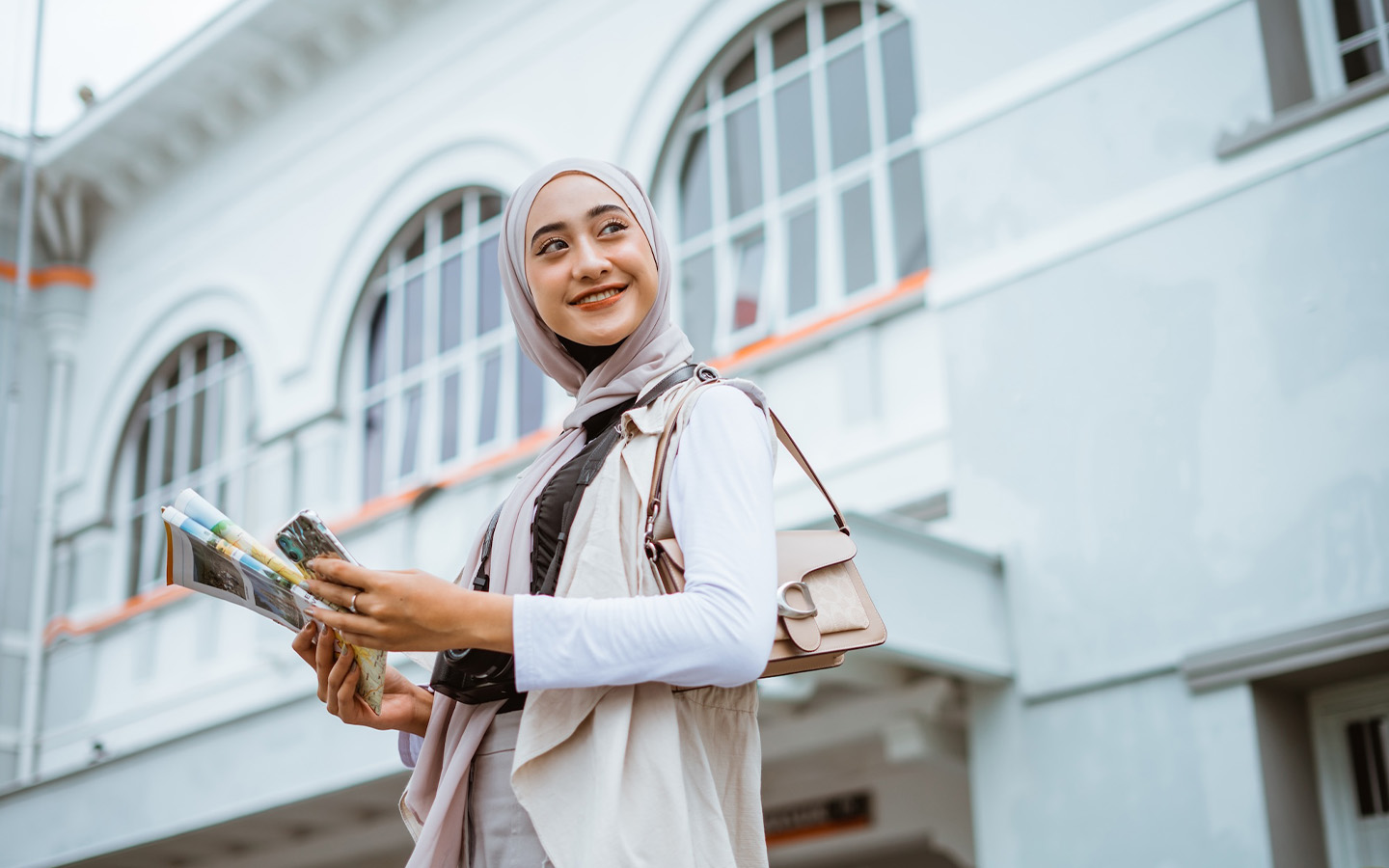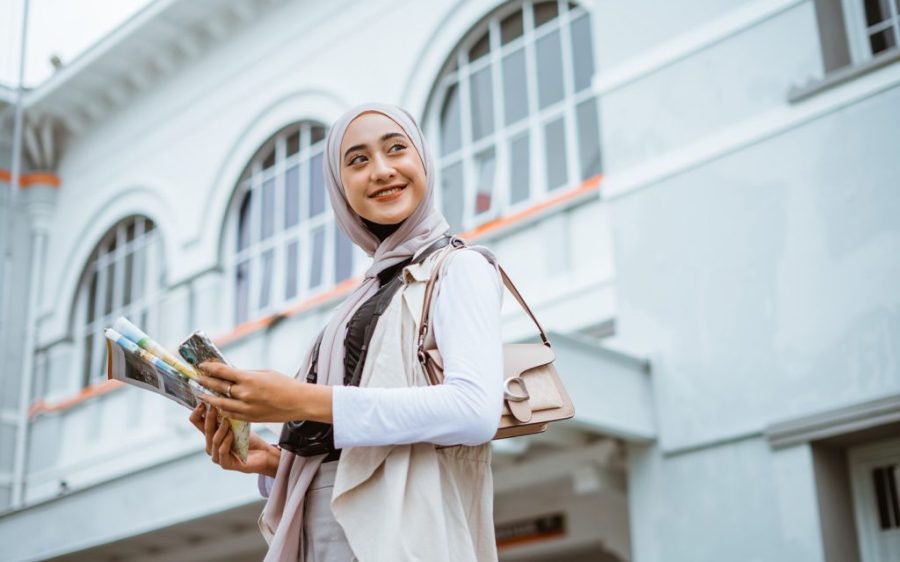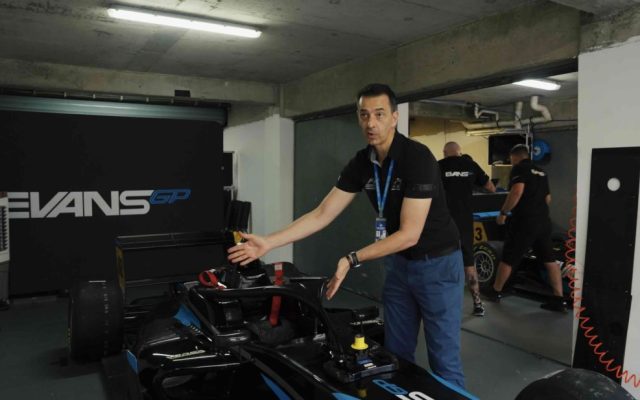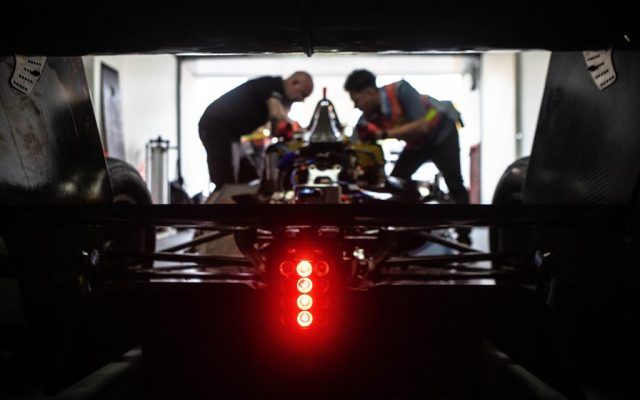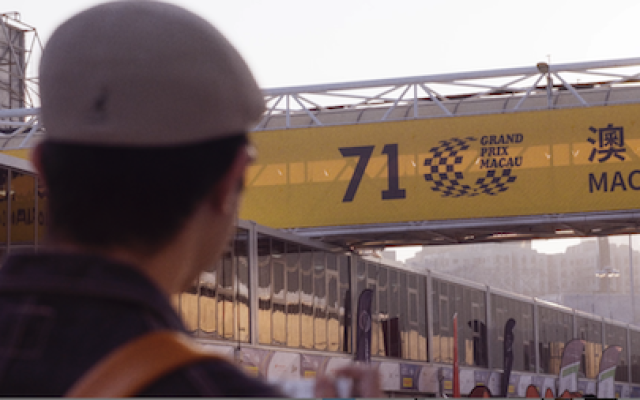Macao is starting to emerge on the map of Islamic tourism – and with good reason. Its array of cultural attractions, blend of European and Chinese history, and superb dining scene, are an unbeatable lure for visitors from around the world.
Among them are growing numbers of Muslims, who are reassured to find that it is easy to avoid the casinos with which Macao is normally associated. Most of the gaming halls are in Cotai – a 5.2 square kilometre area of reclaimed land that is some distance from the main city. And there is so much more to Macao than Cotai.
The local Islamic Association has operated since 1935, catering to a Muslim population that includes many Indonesians, who comprise one of the largest groups of expatriates in Macao. Hospitality staff are also being gradually trained in the cultural and dietary expectations of Muslim visitors, who will find a warm welcome here. Whether exploring historic landmarks or having fun at one of Macao’s many family-friendly attractions, for travellers from Muslim countries a visit to Macao is not just a trip but an adventure.
Fascinating history
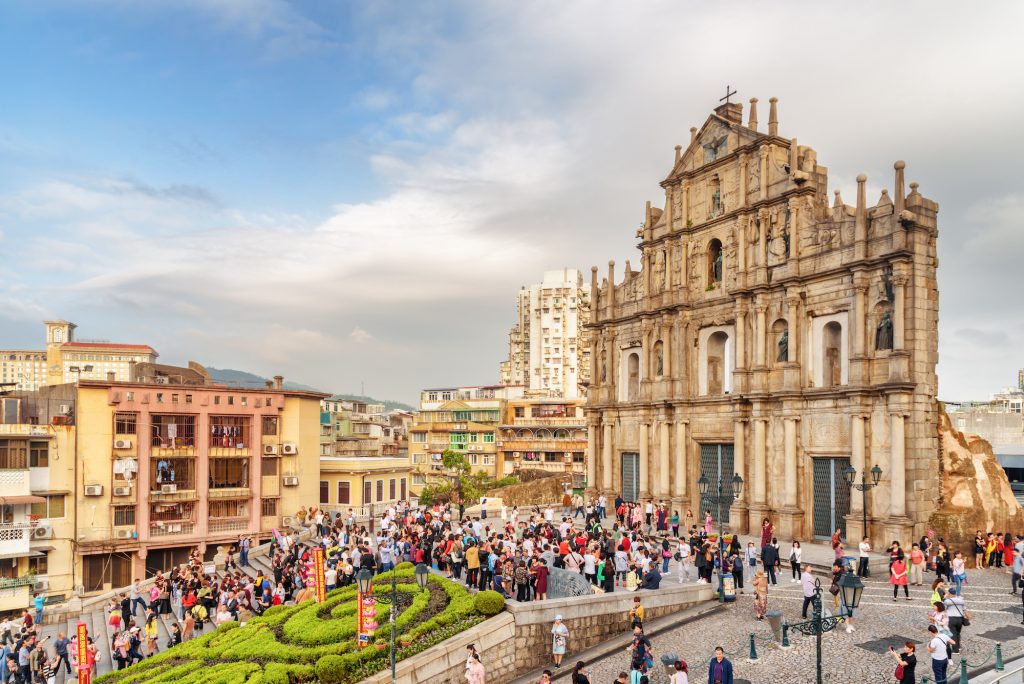
One of the key attractions for visitors is the rich tapestry of history woven into Macao’s streets. The Historic Centre of Macao, a UNESCO World Heritage Site, presents a captivating journey through time, and a reminder that Macao was an international crossroads long before the arrival of casinos. Muslim tourists can explore the blend of Chinese and Portuguese influences manifested in colonial-era structures, from the imposing Ruins of St Paul’s to the enchanting Senado Square.
These picturesque locations not only make for stunning photographs but allow you to experience Macao’s famous multiculturalism. First stop for any tourist to Macao is the iconic Ruins of St Paul’s, a UNESCO World Heritage site. Wander through the cobblestone streets and relish the architectural beauty of this historic landmark, before meandering into the city’s heart: Senado Square, adorned with pastel-hued buildings and intricate paving.
Don’t miss the Moorish Barracks, which reflect Macao’s long-established Muslim connections. This gorgeous, 149-year-old building – inspired by Arabic architecture – is the former home of Muslim soldiers, brought from India by the Portuguese. Today, it is one of the city’s most cherished landmarks.
Soulful sanctuaries
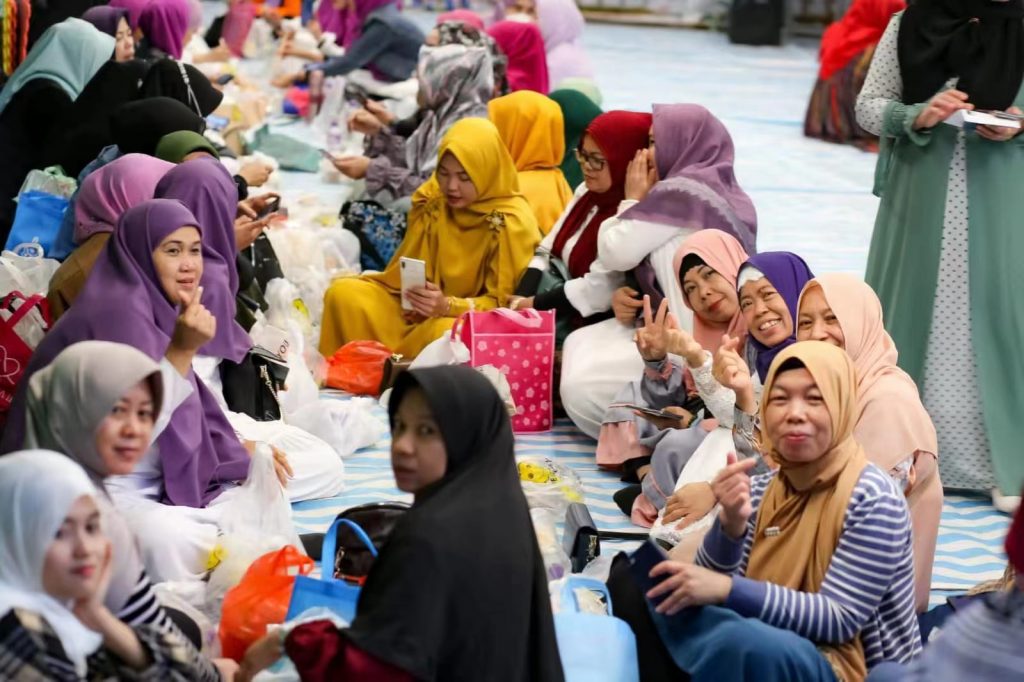
Nestled in the lee of Guia Hill with a view of the reservoir, the Macau Mosque has been part of the local fabric for decades and today is the spiritual home of the city’s thriving Muslim community. The gravestones of the adjacent Islamic cemetery, some more than a century old, attest to the long presence in Macao of traders and adventurers from all over the Muslim world.
Besides the Muslims who arrived from India with the Portuguese, it is thought that many Chinese Muslims fled to Macao in the early and mid-20th century, escaping war and political upheaval. Most emigrated to other countries but some stayed, and as their new millennium dawned their numbers were swelled by Muslims arriving in Macao for work.
The Islamic Association estimated that the local Muslim population stood at more than 11,000 just before Covid-19 struck in early 2020. Many returned to their home countries during the pandemic but as Macao’s economy continues its strong recovery, Islamic and other expatriates are returning.
Where to eat
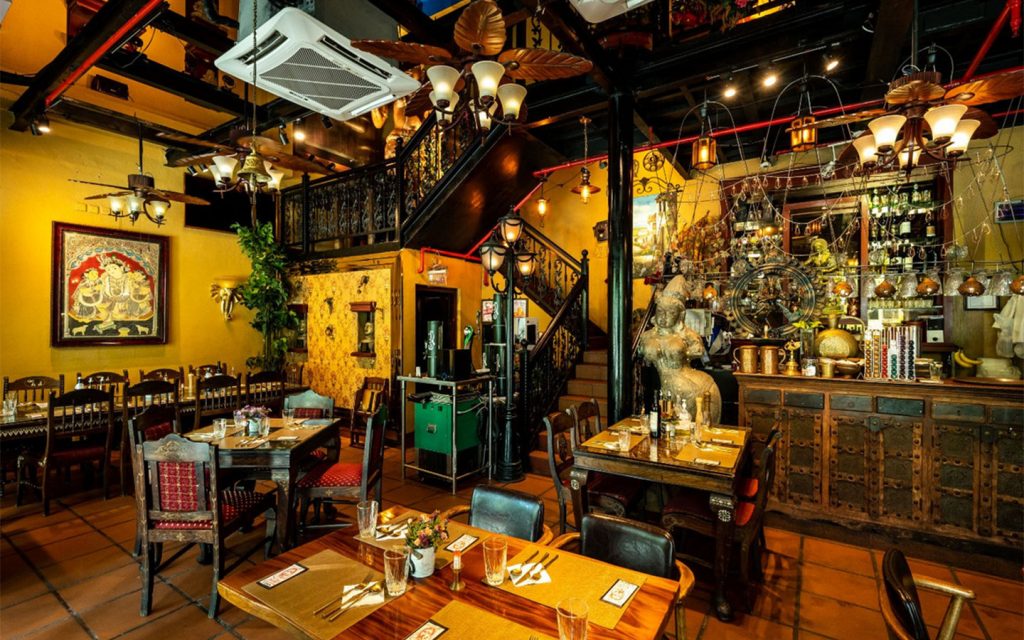
Macao boasts a diverse array of halal-friendly dining options, reflecting the city’s multicultural essence.
First port of call for many Muslim diners is the Lou Lan Islam Restaurant, which specialises in the cuisine of the Muslim Uyghur ethnic group in China’s Xinjiang region. The cooking style infuses Chinese ingredients with Middle Eastern flavours, exemplified in such dishes as laghman (hand-pulled noodles with meat and vegetables) as well as pan-fried lamb dumplings and sesame naan. The restaurant is alcohol-free.
About a year old is the Indo Pak Curry House, serving – as its name implies – mainly Indian and Pakistani cuisine, with a few Indonesian dishes. Try the chicken biryani or the curried lamb shank curry. The restaurant is not far from Senado Square and is also alcohol-free. Two other popular South Asian Choices are Indian Spice and Indian Garden, but do note that alcohol is present in both venues.
A favourite with Indonesian expatriates is Wardo, which opened in late 2021, just off Macao’s main thoroughfare, Avenida de Almeida Ribeiro. The menu features dishes from around the Indonesian archipelago, including fish with dabu-dabu (a tomato-based sauce from North Sulawesi) and tahu gejrot (fried tofu in sweet-and-sour spicy sauce), as well as the perennially popular beef rendang. There is alcohol on the premises.
Family fun
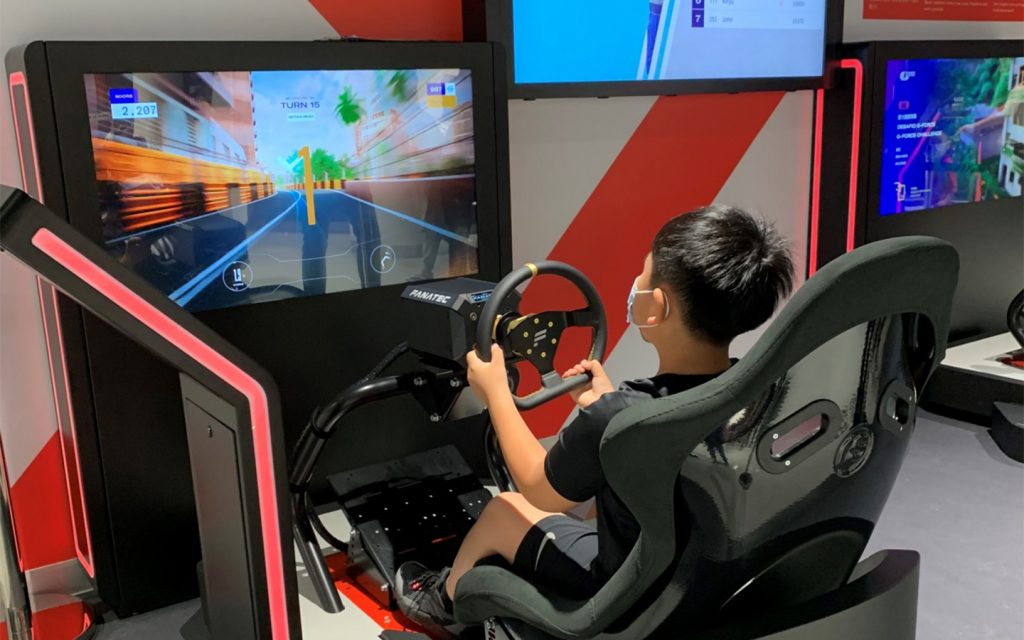
In Macao, family fun knows no bounds, with many attractions offering the perfect blend of education and entertainment for curious young minds. Begin your adventure at the Macao Museum, where captivating displays transport your family to different eras and instil a sense of wonder in the little ones.
For the speed enthusiasts, a visit to the Macao Grand Prix Museum is a must. Let the kids immerse themselves in the thrilling world of racing, exploring the evolution of this iconic event. Or check out the 20,000-square-metre Macao Science Centre, with its interactive displays and planetarium. To experience a glimpse of exotic animal life, head to the Macao Giant Panda Pavilion, where two giant pandas, as well as other rare creatures, live in lush indoor and outdoor enclosures.
Some family facilities at Macao’s casino-resorts can be accessed without having to walk past gaming halls. Visit the Venetian for the mesmerising teamLab experience. Or splash the day away at the Studio City Water Park, which boasts both an indoor and outdoor waterpark so that you can dive in at any time of year. The cable car and Performance Lake at Wynn Palace are also worth checking out.
K-Drama Magic
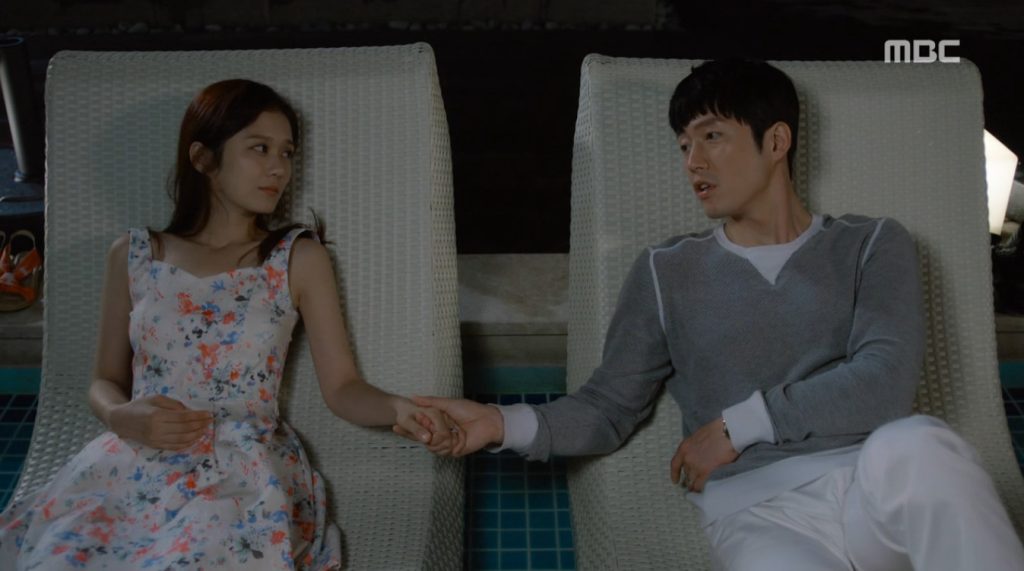
Muslim viewers in Southeast Asia have fallen head over heels for Korean dramas, captivated by their compelling storylines, nuanced cultural representations, and emotional depth. Adding to the allure, certain K-dramas feature characters hailing from Indonesia or Malaysia and incorporate dialogue in Bahasa.
Macao frequently serves as a picturesque setting for a number of Korean dramas, including the popular Boys Over Flowers, Fated To Love You, and Princess Hours. Muslim visitors to the city can dive right into the K-drama magic at popular hotspots, including the Ruins of St. Paul’s, and Senado Square, but other iconic Macao destinations have also been featured.
Weave your way through Macao’s quaint backstreets and recreate scenes that were shot for espionage series Local Hero. In Coloane, both Hac Sa Beach and Cheoc Van Beach were featured in the Korean classic series Gung, and in Coloane Village, the Chapel of St Francis Xavier served as a backdrop in the conclusion of the award-winning drama series Princess Hours. Grab a box of egg tarts from the nearby Lord Stow’s Bakery and recreate the heartwarming scene for yourself.
Adrenaline junkies might recognise the Macau Tower, which offers the highest commercial bungy jump in the world, from the South Korean variety show Running Man. In episode 133 of the long-running show, the cast conquered their fears by bungy jumping, skywalking, and mast climbing, inspiring audiences to put Macao – and the tower – on their travel to-do lists.
A warm welcome
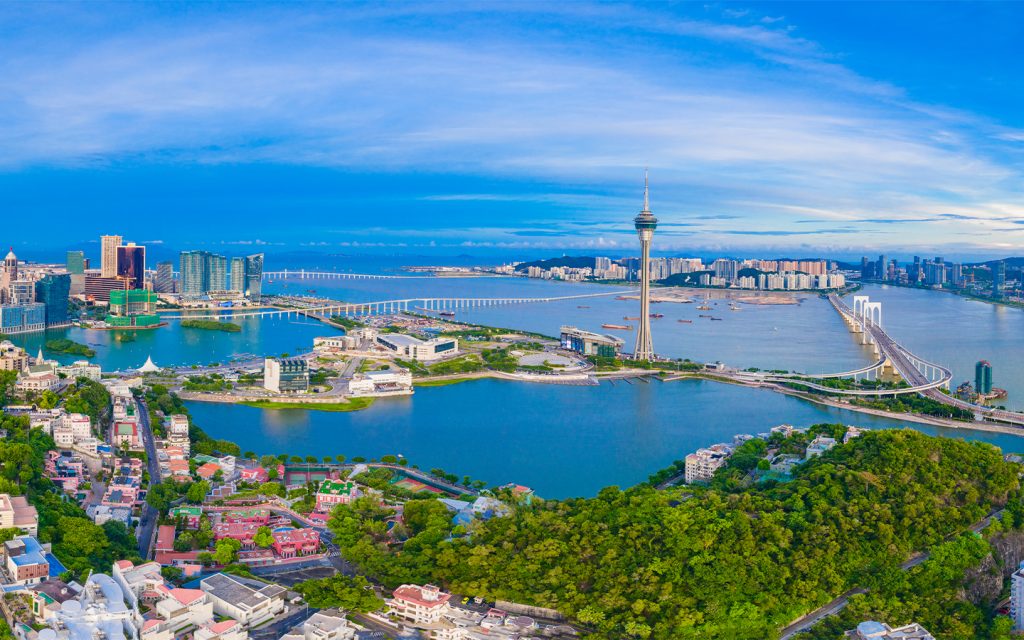
From halal dining to family-fun activities, Macao continues to extend its hospitality to Muslim visitors. For Muslim travellers seeking an inclusive and memorable adventure, Macao stands out as a destination that not only respects their values but also invites them to be a part of a harmonious global experience. Explore, indulge, and make Macao your next travel gem!
